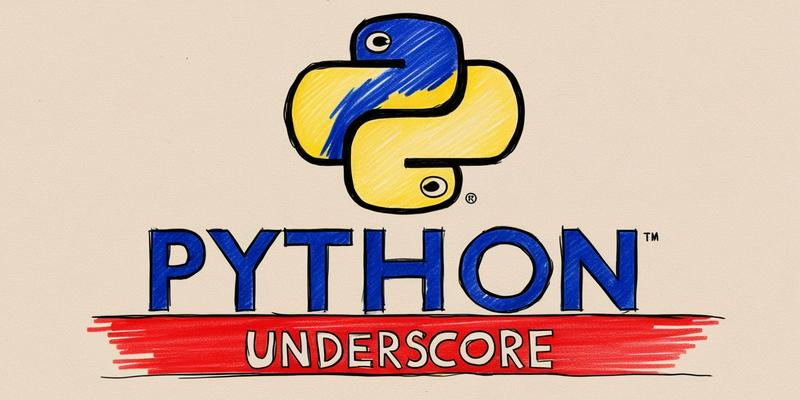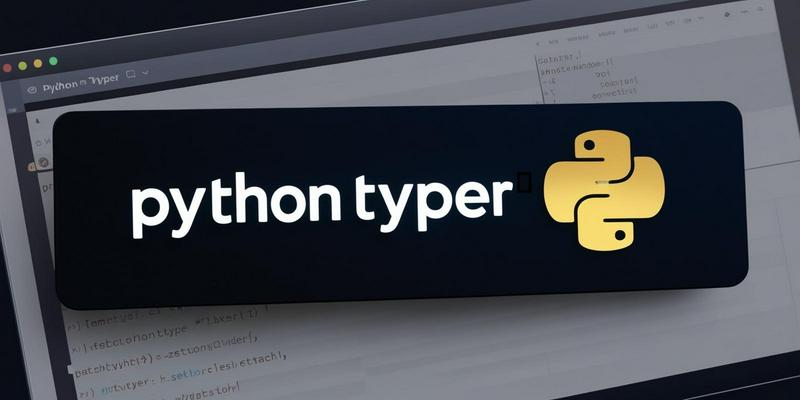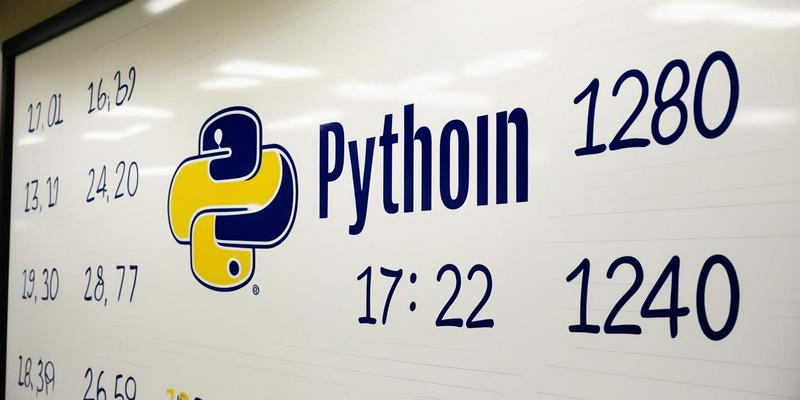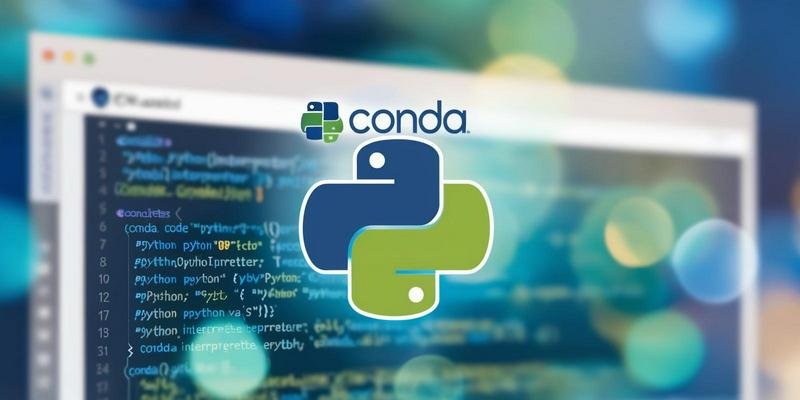Topics

Understanding the Role of the Underscore (_) in PythonThe underscore (_) in Python is a versatile character that serves various purposes. From ignoring values and formatting numbers to signifying "private" methods in classes, mastering the underscore is key to writing more elegant and Pythonic code.

Mastering Python's
typer Module for Building Interactive CLIsPython's typer module makes creating command-line interfaces (CLI) straightforward and efficient. With features like type inference, automatic help messages, and intuitive decorators, typer helps streamline CLI development, enhancing both functionality and user experience.
Understanding Python's
filetype ModuleThe filetype module in Python is an essential library for identifying file formats, offering a reliable way to verify file types beyond simple file extensions. This module is crucial in building secure and efficient applications, allowing developers to handle files with confidence and precision.
Using
tqdm for Dynamic Progress Bars in PythonThe tqdm module in Python provides an elegant way to implement progress bars in your scripts, making your loops more transparent and visually appealing. With just a few lines of code, you can transform any iterable into a progress bar, helping you monitor the progress of your tasks in real-time.
Exploring Python's
humanize ModulePython's humanize module is a powerful yet simple library that transforms data into human-readable formats. From converting large numbers into friendly words to making dates and times comprehensible, humanize can be an invaluable tool for developers needing to present data clearly.
Understanding Static Typing and Type Hints in PythonStatic typing and type hints in Python serve as a foundation for writing clear and robust code. They specify expected data types and improve code readability. Learn how to implement type hints in functions, variables, and data structures, and utilize Pyright for type checking.



Tuples and Named Tuples in PythonTuples are immutable, ordered collections in Python. They provide a lightweight alternative to lists, ensuring data integrity and improving performance. Named tuples extend this functionality by allowing attribute-based access, making code more readable. Understanding both helps write cleaner, more efficient Python code.


